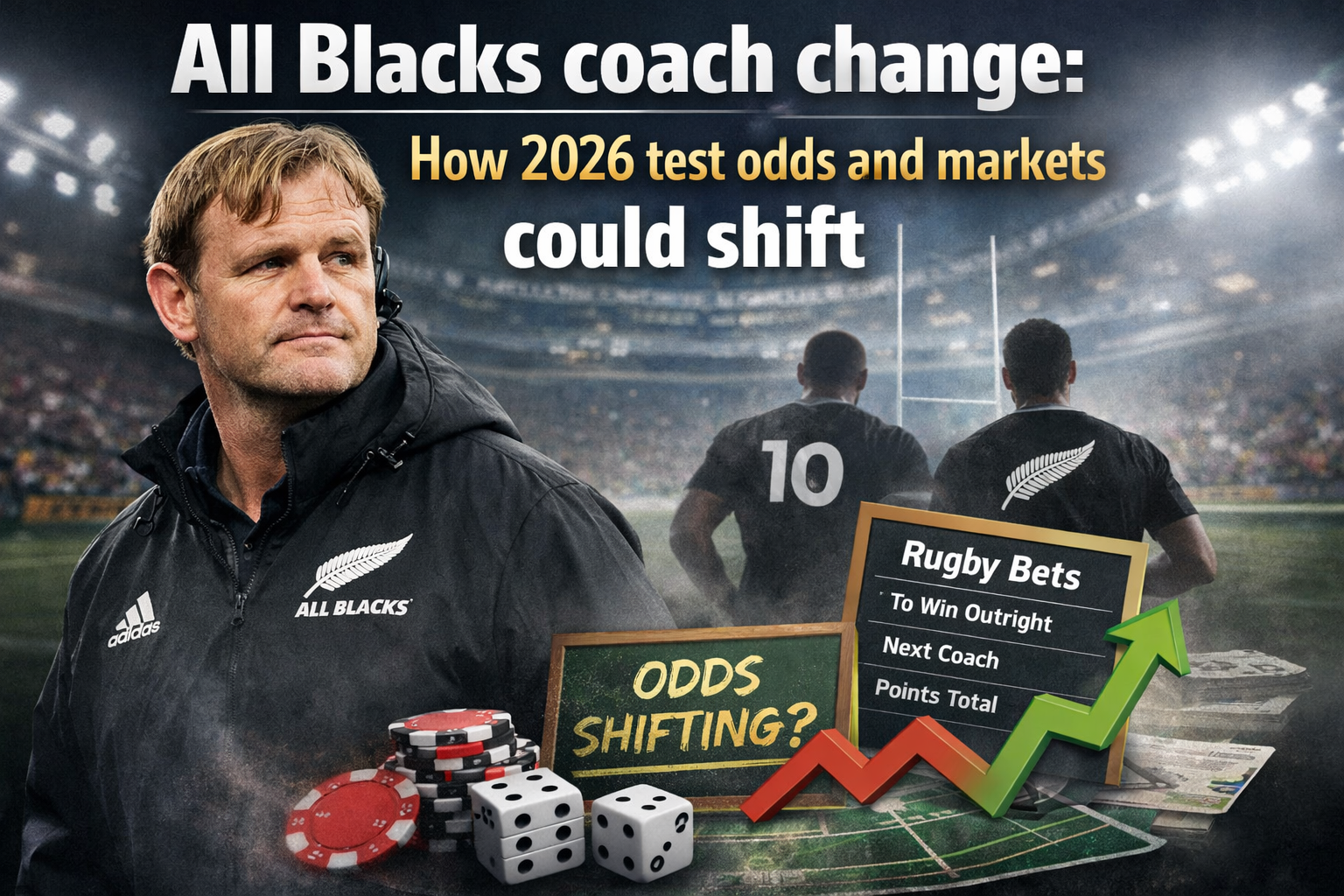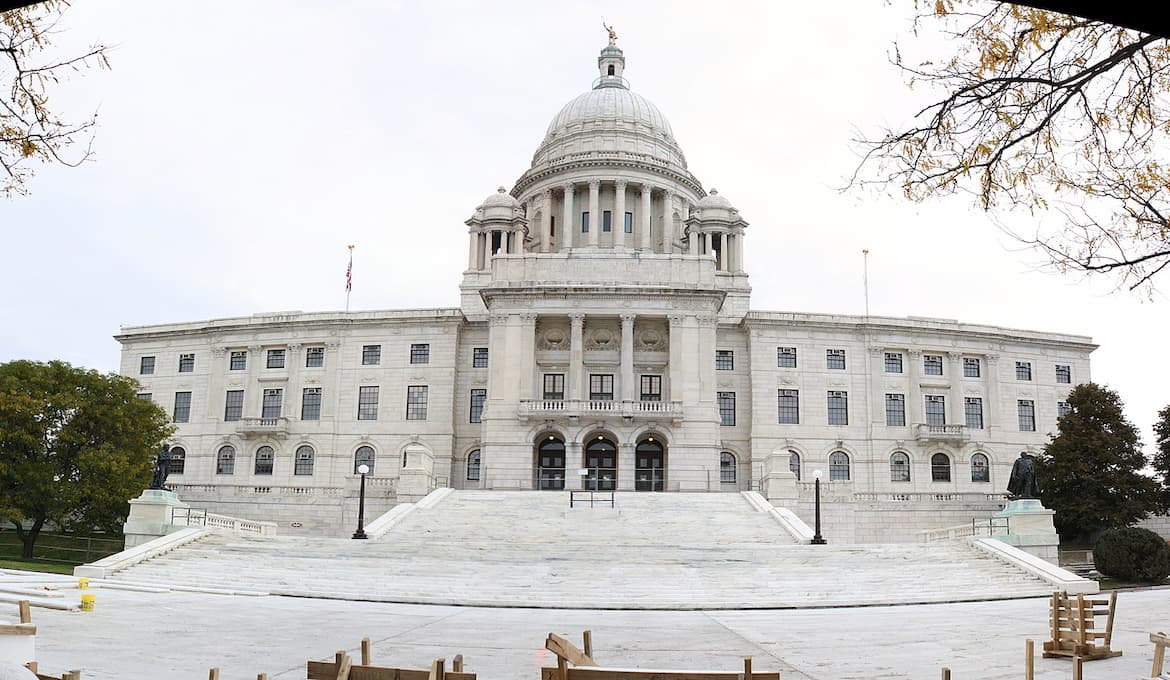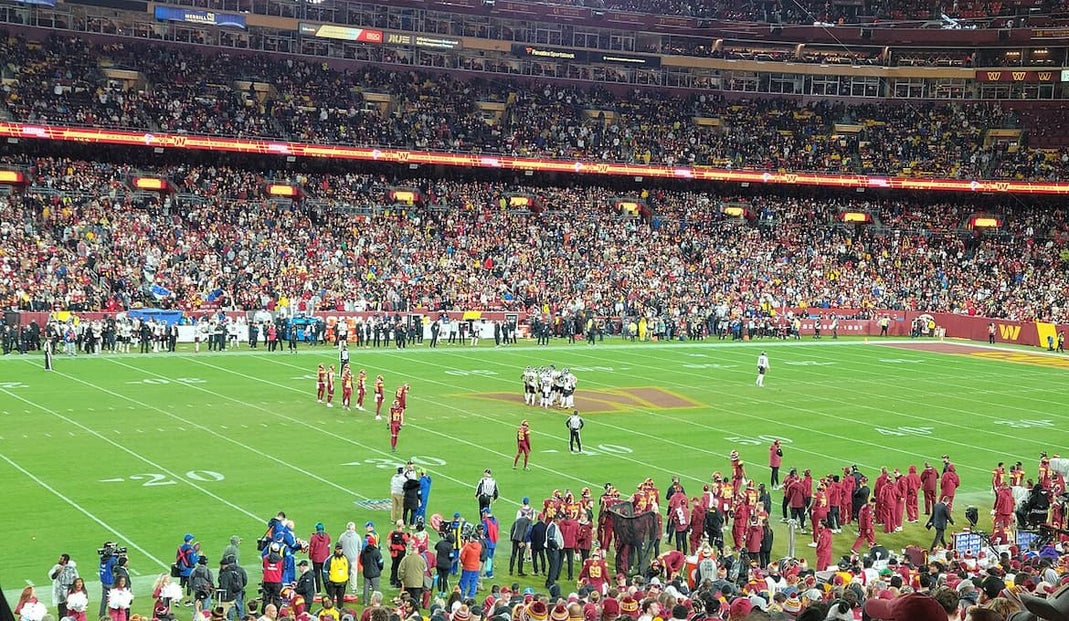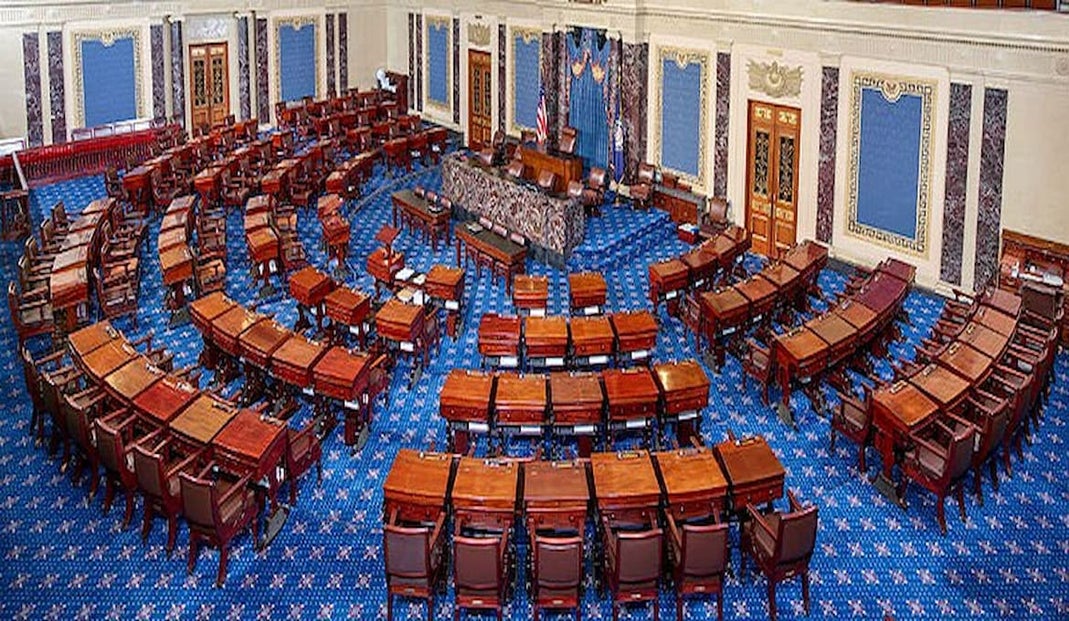Concern for Low Income Bettors
While most lawmakers fear the impact of problem gambling, the bill’s sponsors believe low-income bettors are being hurt the most. Many of those bettors sign up for sportsbooks and are hammered with offers for bonuses to keep them betting. This leads them to wager more than they can afford, which has an even more devastating impact.
Proponents of the bill believe the only way to protect those bettors is to eliminate the temptation. That will protect low-income families and save the state money spent on problem gambling funds and other related costs.
Can Sports Betting be Stopped?
One of the biggest arguments from critics of the bill is that sports betting won’t stop just because the state shuts it down. Offshore and illegal sportsbooks can aggressively market to bettors looking for another option without a legal market. That means problem gambling will continue to be a significant problem, but the state won’t have the tax revenue to fight it.
Many lawmakers around the country believe that there is no going back from legalizing sports betting. They argue that people will find ways to bet on sports, so the goal should be creating programs to fight it.
Vermont Sees Impressive Numbers in the First Year
One of the biggest roadblocks to banning sports betting was the numbers seen in the first year of legalization. Revenue numbers fell short of projections because Vermont bettors were winning at an impressive clip. That makes lawmakers, sportsbooks, and bettors happy with the new industry.
The success of sports betting in Vermont will make it difficult to garner support for the effort to ban the industry.

































